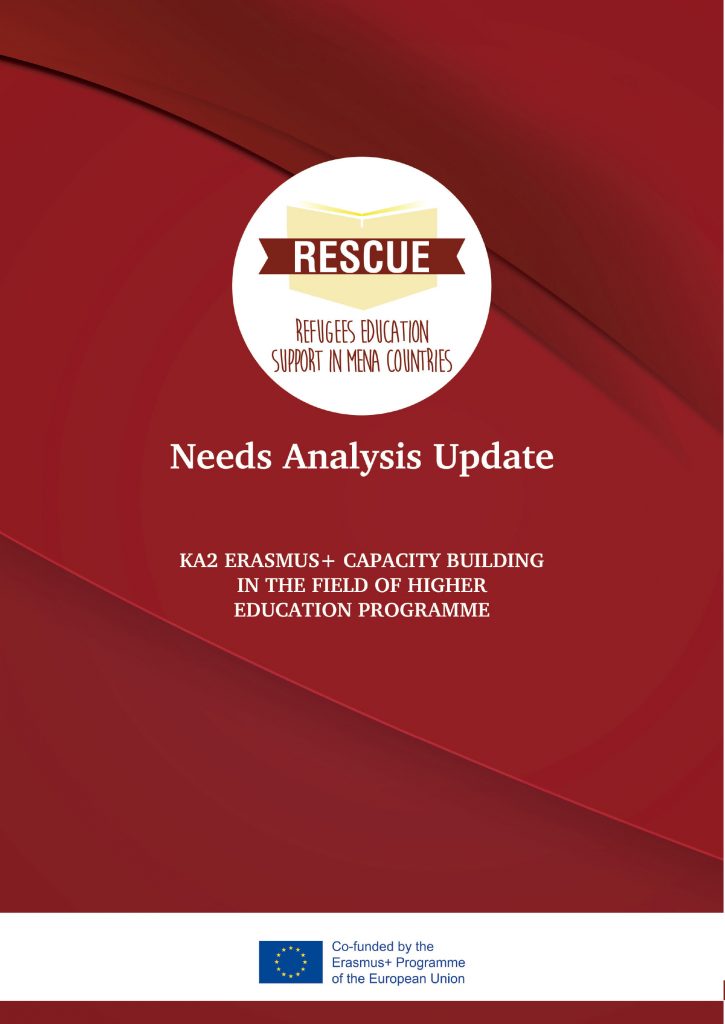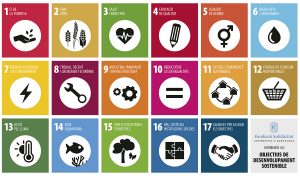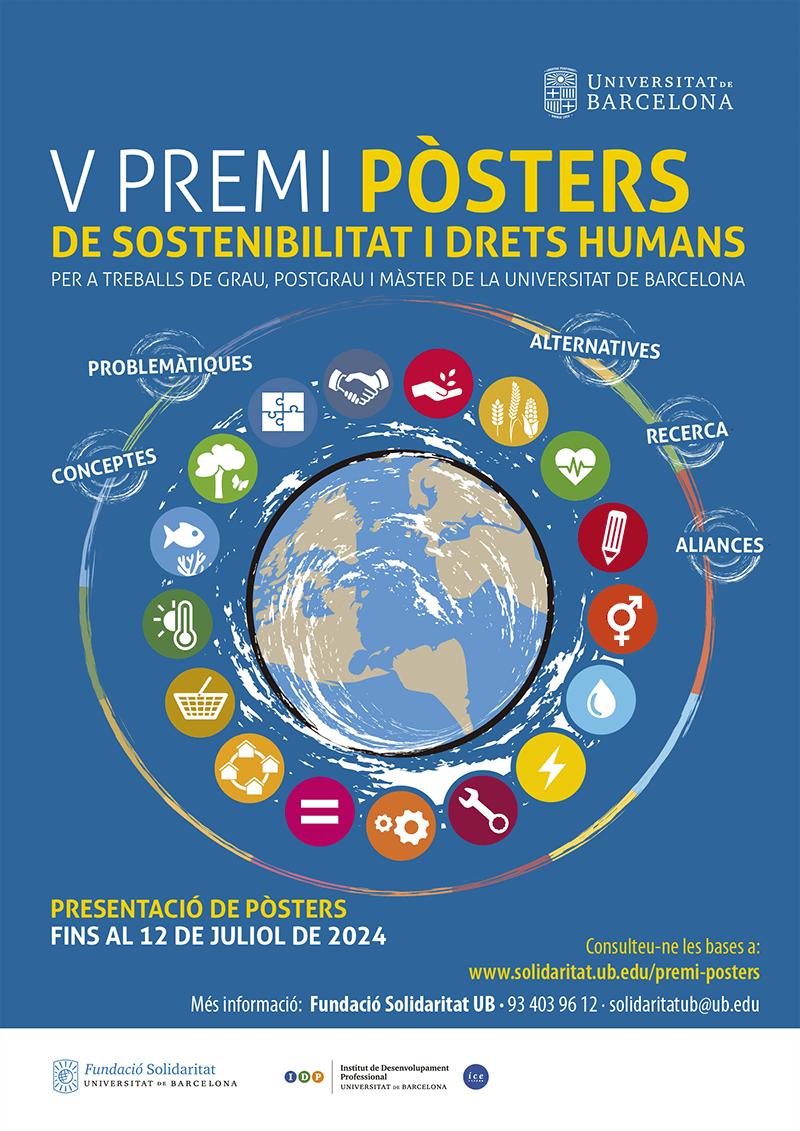[In English, below]
La necessitat de cursos d’idiomes, reconeixement de l’aprenentatge previ i suport financer i psicològic és comuna a les set universitats del Líban, Jordània i l’Iraq associades al projecte.
 Els dies 26 i 27 de setembre de 2017, els socis del projecte europeu de cooperació internacional RESCUE, en què participa la Universitat de Barcelona, es reuneixen a la Universitat del Líban (Beirut) per continuar treballant en el suport educatiu a persones refugiades en països de la regió MENA (Orient Mitjà i Nord d’Àfrica).
Els dies 26 i 27 de setembre de 2017, els socis del projecte europeu de cooperació internacional RESCUE, en què participa la Universitat de Barcelona, es reuneixen a la Universitat del Líban (Beirut) per continuar treballant en el suport educatiu a persones refugiades en països de la regió MENA (Orient Mitjà i Nord d’Àfrica).
Des dels seus inicis, a principis de 2017, el projecte ha avançat significativament en l’anàlisi detallada de les necessitats i les restriccions específiques de les set universitats associades del Líban, Jordània i l’Iraq (regió del Kurdistan) respecte a l’accés d’estudiants refugiats i desplaçats interns disposats a reprendre la seva formació.
Aquesta anàlisi es va dur a terme a través de qüestionaris en paper i durant tres àmplies visites de camp als països destinataris, que els socis europeus del projecte van realitzar acompanyats d’un representant de l’Associació d’Universitats Àrabs (AArU). La UB va visitar el Kurdistan iraquià. Durant les visites, no només es van entrevistar les universitats pertinents, sinó que també es van consultar altres grups d’interès importants, com ONG locals i institucions públiques.
Tota la informació ha estat analitzada i compilada en un informe complet, que confirma que és pràcticament impossible dissenyar un conjunt de solucions que s’adaptin a totes les universitats associades, però n’identifica elements comuns:
- La necessitat de cursos d’idiomes.
- La necessitat del reconeixement de l’aprenentatge previ (en diferents graus de severitat en els diferents sistemes d’Educació Superior).
- La necessitat de suport financer als estudiants (en termes de divulgació de les oportunitats existents).
- La necessitat de suport psicològic.
Altres qüestions com el suport legal i la provisió de cursos de Formació i Educació Professional (VET) s’observen de forma menys homogènia però són presents en moltes universitats.
Paral·lelament, s’ha recollit un conjunt de bones pràctiques en l’àrea d’interès del projecte, que s’estan compilant en un informe que es publicarà aviat.
El projecte RESCUE, de tres anys de durada (2016-2019), està cofinançat pel programa Erasmus + per a l’enfortiment de capacitats en el camp de l’educació superior, i el coordina la Unió d’Universitats del Mediterrani (UNIMED), de què la Universitat de Barcelona forma part.
RESCUE és un dels projectes que la Universitat de Barcelona impulsa en el marc del seu Programa de suport a persones refugiades i provinents de zones en conflicte, coordinat per la Fundació Solidaritat UB.
RESCUE finds common needs among Universities in mena countries when dealing with refugee students
The need for language courses, recognition of prior learning and financial and psychological support is common among the seven partner Universities in Lebanon, Jordan and Iraq (KRG).
 On the September 26 and 27, 2017, the Lebanese University (Beirut) is hosting a partnership meeting of the Refugees Education Support in mena CoUntriEs (RESCUE) project, co-funded by the ERASMUS+ Capacity building for Higher Education programme of the European Union.
On the September 26 and 27, 2017, the Lebanese University (Beirut) is hosting a partnership meeting of the Refugees Education Support in mena CoUntriEs (RESCUE) project, co-funded by the ERASMUS+ Capacity building for Higher Education programme of the European Union.
Since its inception in early 2017, the project has made significant progress in analysing in detail the specific needs and constraints of the seven partner Universities in Lebanon, Jordan and Iraq (the Kurdistan region) when dealing with refugee and Internally Displaced students willing to resume their training paths.
This analysis was carried out through paper questionnaires and on the occasion of three extensive site visits in the target countries performed by the staff of the European partners accompanied by a representative of AArU, the Association of Arab Universities. During these visits, not only the relevant Universities were interviewed, but also other important stakeholders such as local NGO’s and public institutions were consulted.
All this information has then been analysed and elaborated in a comprehensive report, which confirms the fact that it is virtually impossible to design a set of solutions which would fit all the partner Universities, but identifies some common issues:
- The need for language courses.
- The need for the recognition of prior learning (to different degrees of severity in the various Higher Education Systems).
- The need for financial support to students (in terms of spreading awareness about existing opportunities).
- The need for psychological support.
Other issues such as legal support and the provision of Vocational Education and Training (VET) courses are less homogeneously spread but present in many Universities.
In parallel to this, a set of best practices in the area of interest of the project have been collected and are being compiled in report to be published soon.








